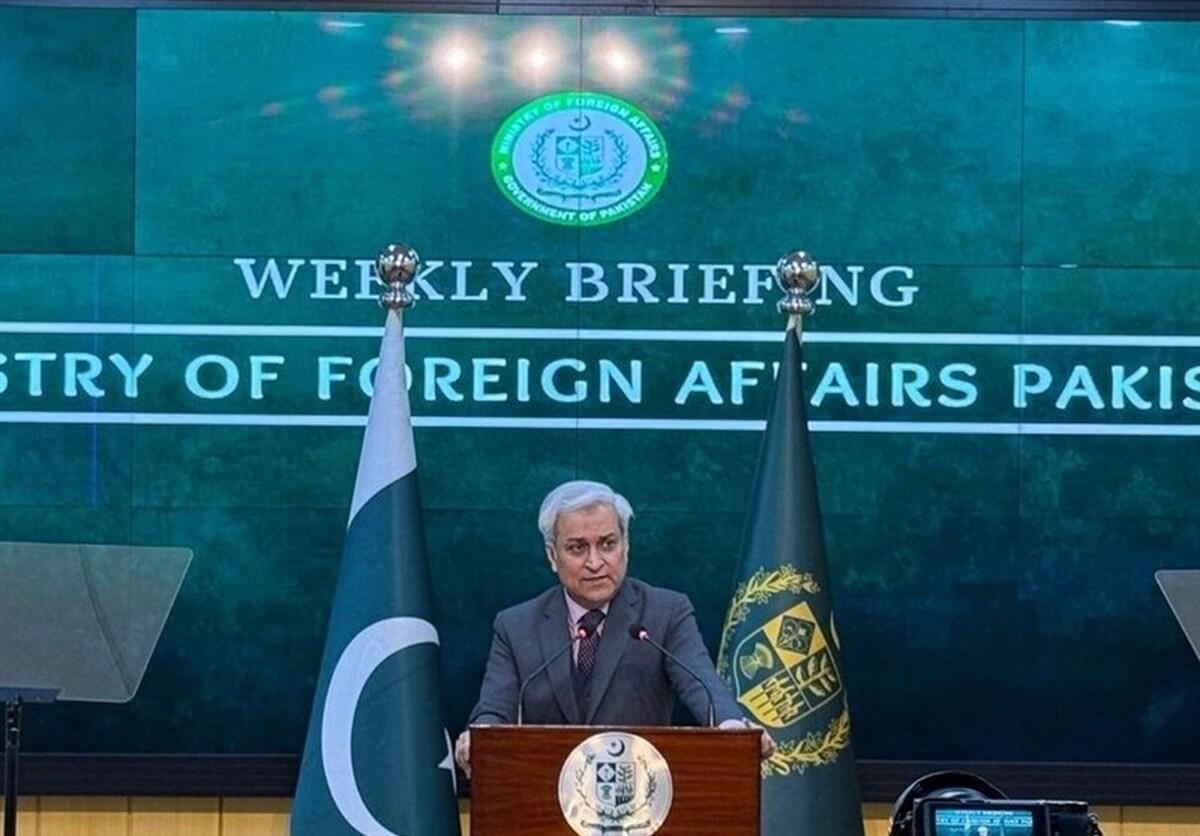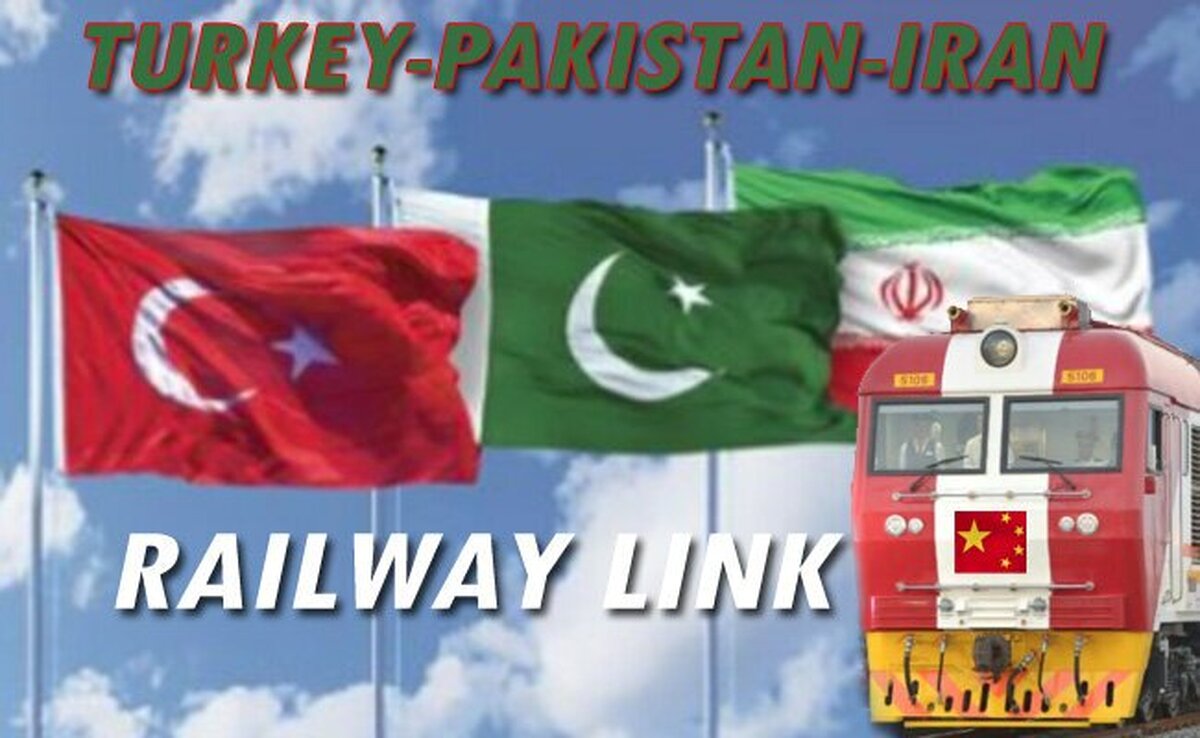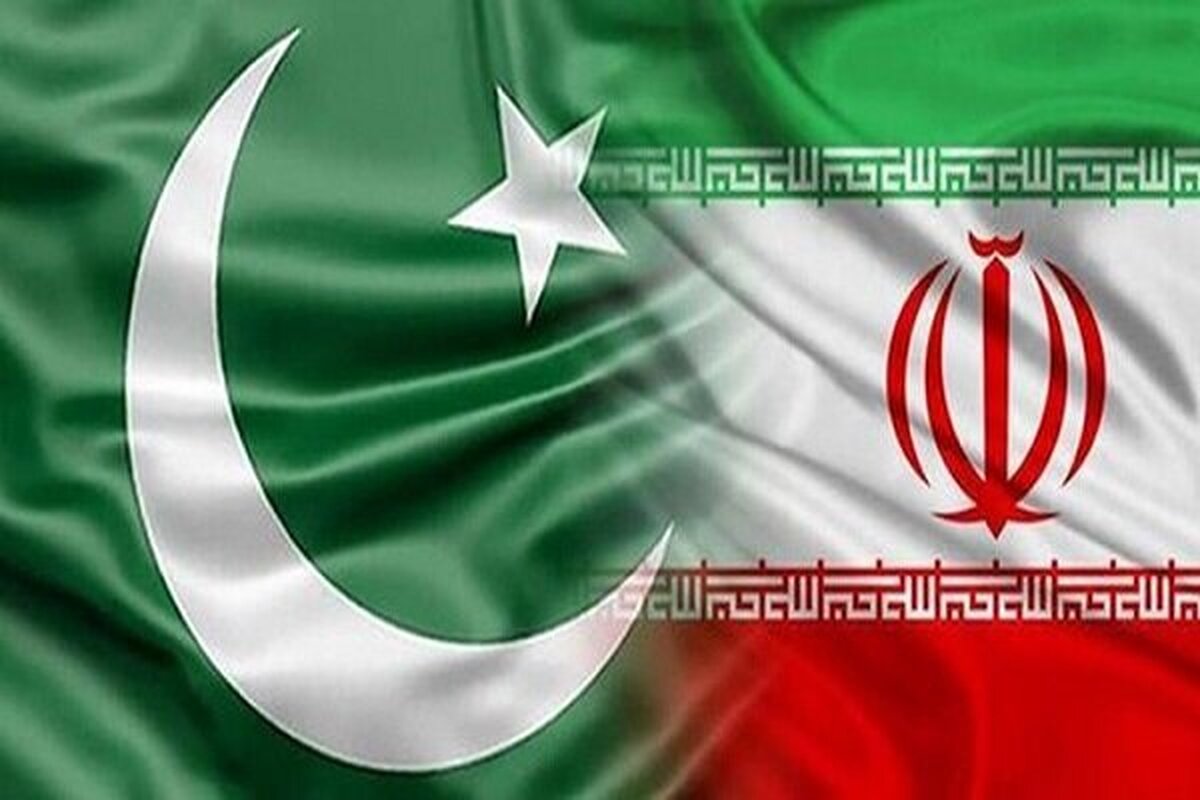
Pakistan, Iran, Turkey agree to revive rail corridor

Head of the International Affairs Center at Iran's Ministry of Roads and Urban Development Amin Tarfa’a says that Islamabad, Tehran and Istanbul agreed to revive the railway corridor.
"Transportation, both in bilateral and transit dimensions, is one of the most important areas of cooperation between the two countries and can play a decisive role in expanding economic exchanges," he stated in an interview with Mehr correspondent.
"Tehran-Islamabad-Istanbul rail corridor is one of the oldest links between Iran and Pakistan, which has been in use for years but now needs to be reactivated," he said, adding, “During the recent negotiations, the three countries of Iran, Pakistan, and Turkey agreed to establish regular, weekly traffic between them, an agreement that will play a key role in the development of this corridor.”
He pointed out that "updating the joint railway lines between Iran and Pakistan is highly important. The rail connection from Zahedan to Mirjaveh is nearly a century old, and according to the studies made in this regard, this route should be reconstructed and updated to new standards."
"Although the current volume of rail transit is limited, it was agreed last week to restore the Iran-Pakistan transit train," Tarfa’a underlined.
At the recent meeting of the joint commission of the two countries, the issue of reactivating transit capacity from Pakistan to Turkey with higher capacity and efficiency was raised and agreed by the parties," he stated, noting, “Currently, the bulk of trade between Iran and Pakistan is through road transport.”
"Accordingly, the two countries agreed to increase the capacity of the existing border terminals and expand Mirjaveh and Rimdan border terminals," the deputy roads minister added.
"It was also decided to equip and strengthen the previous border terminal with the higher speed and capacity in order to expand land traffic, he continued.
"According to the signing of the 22nd Economic Cooperation Agreement, Iran and Pakistan have set a target of achieving an annual trade volume of $10 billion, which would require about 1,800 to 2,000 trucks to cross their common land borders daily. Achieving this goal requires a fundamental transformation in the infrastructure of border terminals," Tarfa’a emphasized.
Elsewhere in his remarks, he pointed to the Free Trade Agreement (FTA) between Iran and Pakistan, stressing that the bulk of the agreement has been finalized. "The two sides have agreed to review and finalize the annexes related to the goods that are to be exempted from customs tariffs as soon as possible."
"These annexes are expected to be finalized before the 23rd meeting of the Iran-Pakistan Joint Economic Commission to pave the way for the establishment of a free trade regime between the two countries," he added./mehr




